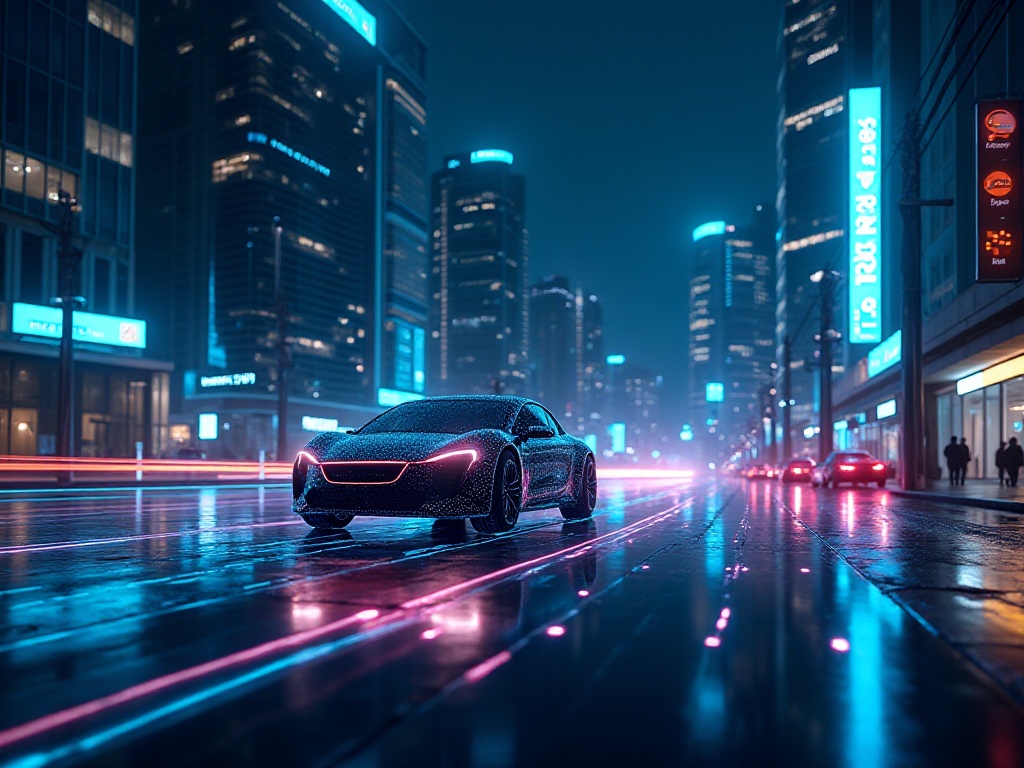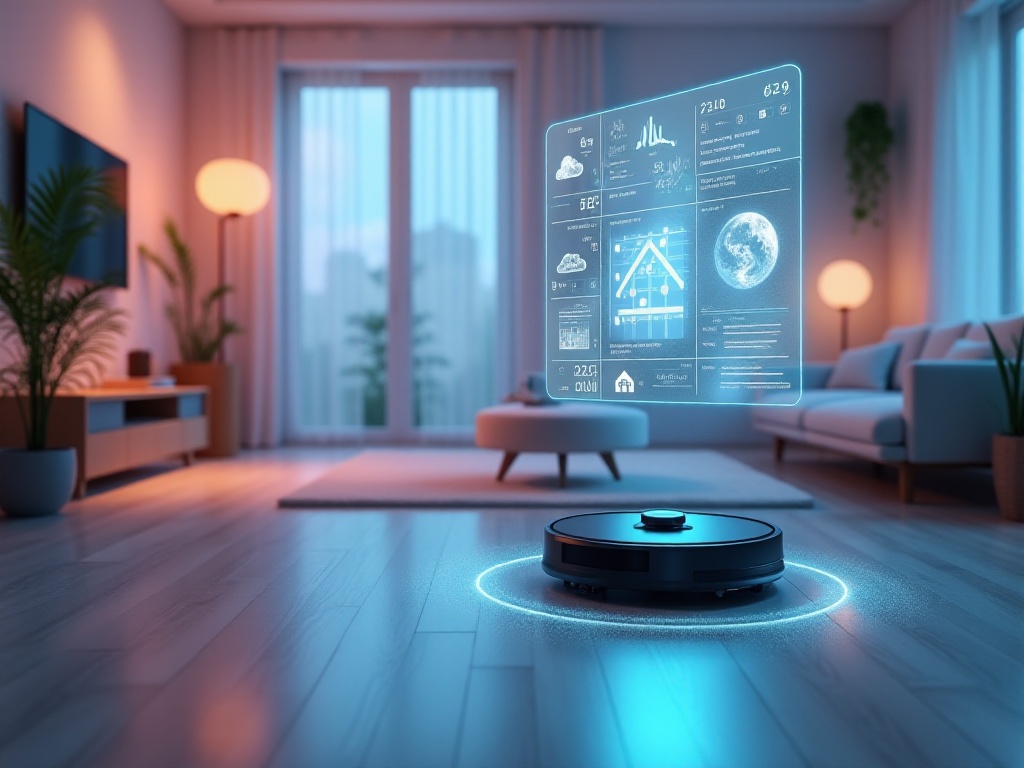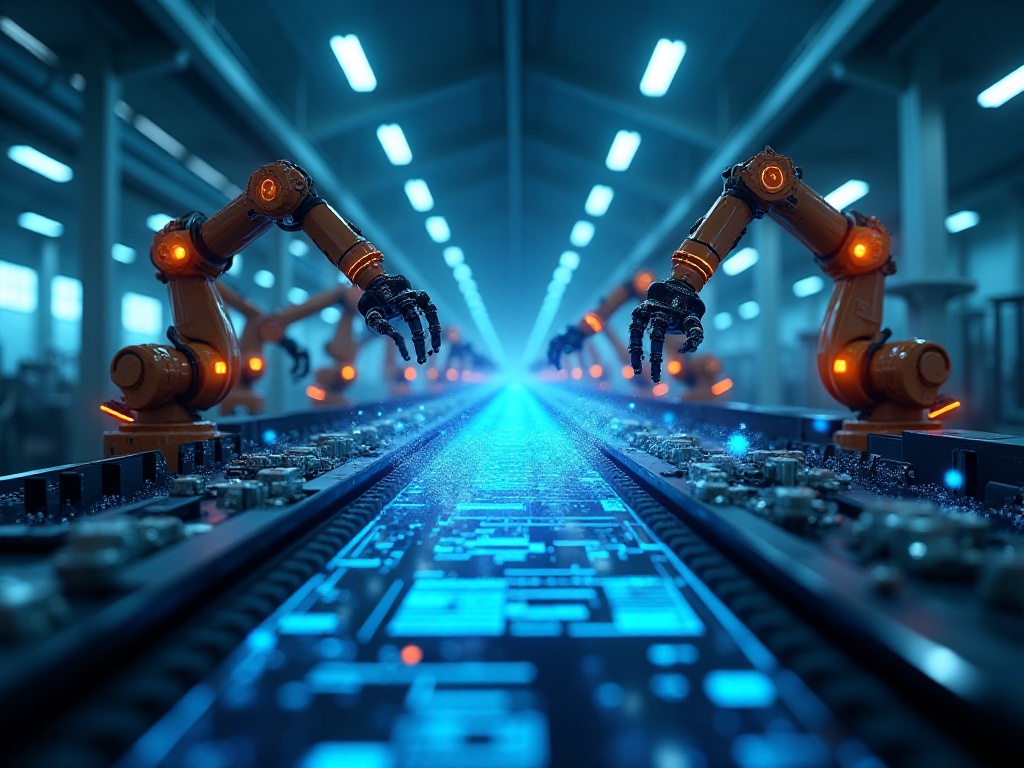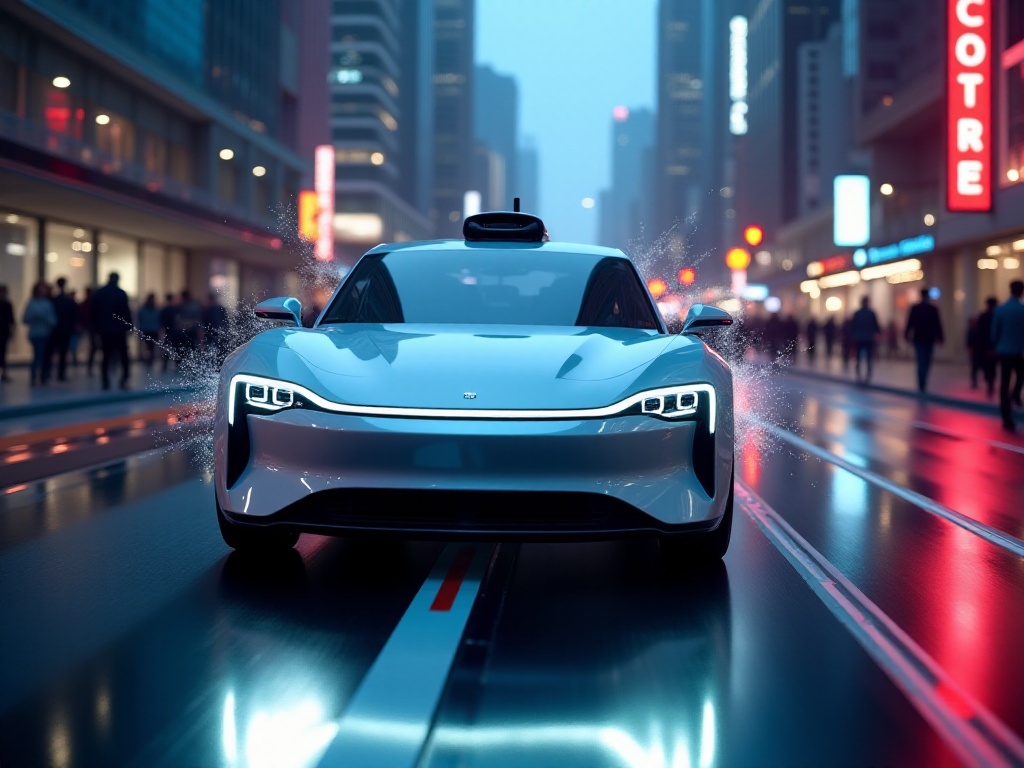Introduction
The other day, I got a new phone, and the first thing I did when I woke up was to ask, "Hey Siri, how's the weather today?" Siri immediately responded in a gentle voice, telling me it would be a beautiful sunny day and thoughtfully reminded me about an important afternoon meeting. Lying in bed, I marveled at how amazing this technological convenience is! Without realizing it, AI has become an indispensable part of our lives.
As a tech blogger who has been studying AI since college, I've witnessed its rapid development in recent years. From basic voice recognition to today's context-aware intelligent conversations, AI's progress has truly exceeded many people's expectations. Today, let me take you through how AI is changing various aspects of our daily lives.
Smart Assistants
I remember feeling embarrassed the first time I used Siri in college, worried my roommates would laugh at me for talking to my phone. Now, it's common to see people conversing with their smart assistants everywhere. According to recent data, global smart voice assistant users exceeded 4 billion in 2023, with users averaging 7-8 interactions daily. This number shocked me, but thinking about my own usage, it's about right.
Last year, I started using ChatGPT, and the experience truly amazed me. Once, when writing an important client email, I was concerned about my wording. I explained my intent to ChatGPT, and it immediately generated a professional and appropriate email, striking the perfect tone while being considerate of the recipient. Most memorable was when I was stuck on a complex technical problem. I described it to ChatGPT, and it not only provided detailed explanations but also offered several solutions with relevant code examples. It's like having a professional consultant available anytime, anywhere, ready to answer any questions.
Now, my first task each morning is asking my smart assistant about the weather and schedule. It checks my calendar for meetings, reminds me what materials to prepare, and even suggests what to wear based on the weather. Before bed, I have it set my alarm for the next day and adjust the bedroom temperature and lighting. It feels like having a thoughtful butler watching over your life at all times.
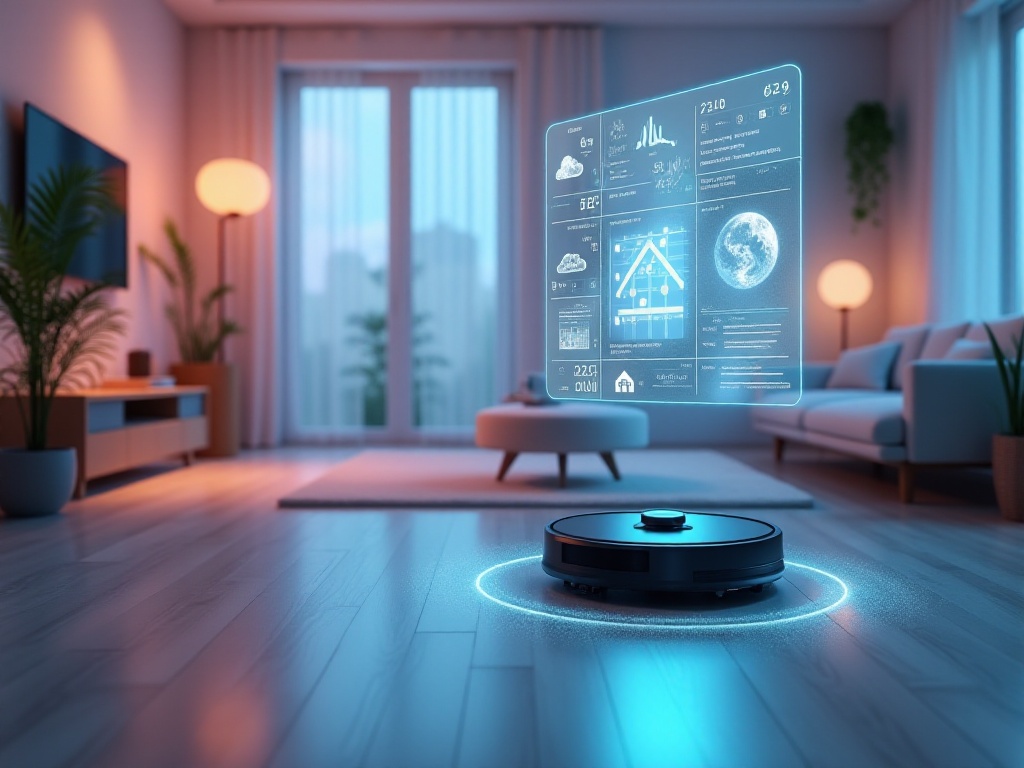
Personalized Recommendations
When discussing AI applications, recommendation systems are a must-mention. I remember spending lots of time finding interesting videos before, often encountering completely uninteresting content. Now it's different - opening apps like TikTok or Bilibili, most recommended content matches my interests. This is AI algorithms working silently, analyzing your viewing history, time spent, likes, comments, and gradually learning your preferences.
For me, I particularly enjoy tech videos, especially about AI and machine learning. Gradually, my TikTok homepage became filled with tech reviews and AI news. Interestingly, it not only recommends topics I'm interested in but also adjusts video length and style based on my viewing habits. For instance, it noticed I prefer watching longer, in-depth analysis videos at night and lighter, fun short videos during lunch breaks.
Shopping platform recommendations have become smarter too. Last month, I looked at a mechanical keyboard on Taobao but didn't buy immediately, wanting to compare other models. In the following days, Taobao consistently recommended similar keyboards, complete with detailed parameter comparisons and user reviews. The keyboard I ultimately chose was discovered through the recommendation system, with price and performance perfectly matching my needs.
Statistics show that AI recommendation systems have increased average user app time by 35%. This isn't exaggerated, as recommendations truly become more appealing. However, I sometimes worry about information bubbles forming from such precise recommendations. So I deliberately click on different content types to encourage the algorithm to recommend more diverse information.
In music, AI recommendations excel too. As a heavy Spotify user, it generates a personalized playlist for me weekly. Interestingly, these playlists include not just my frequent genres but also introduce new music styles. I've often discovered new favorite artists and genres through these recommendations.
E-commerce platform personalization is particularly impressive. They recommend products based not just on browsing and purchase history but also consider seasons and holidays. For example, they'll start recommending cool clothing and sunscreen products before summer arrives. Before holidays, they suggest gifts based on your shopping habits and price preferences.
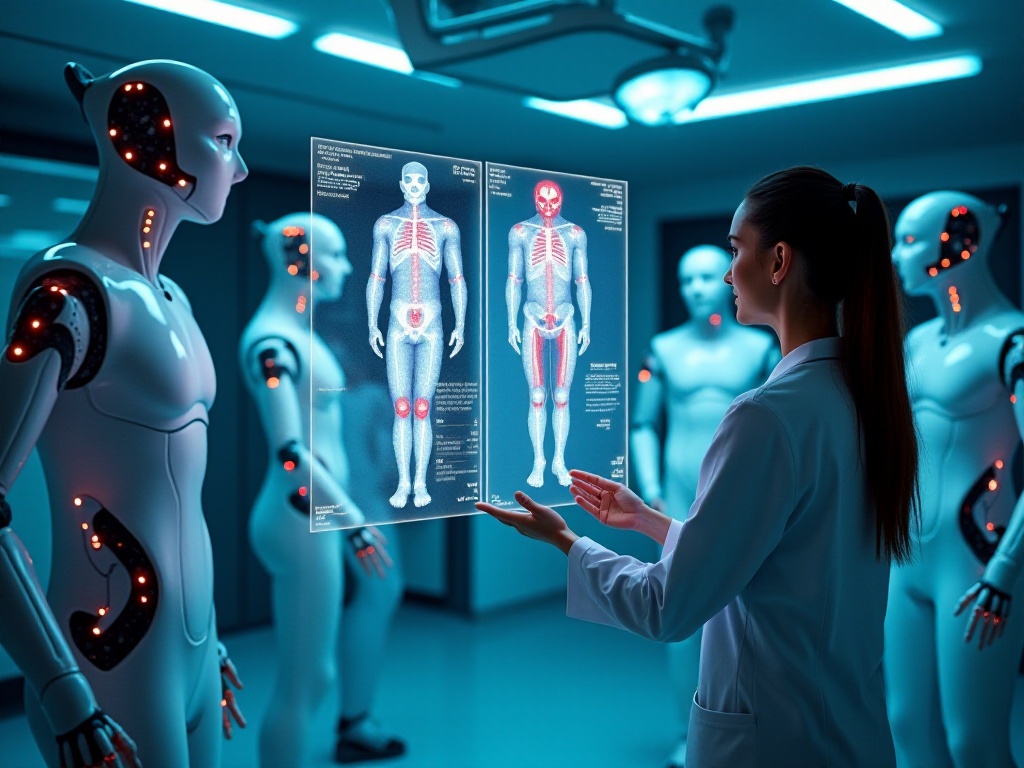
Smart Transportation
Let's discuss transportation. Many cars now feature driver assistance systems, with Tesla leading in autonomous driving. 2023 data shows over 10 million vehicles globally equipped with L2 or higher autonomous driving capabilities. While this number might seem abstract, it means roughly one in every dozen new cars has significant self-driving capabilities.
I recently test-drove an electric vehicle, and its intelligent driving assistance system impressed me most. On highways, it not only maintains distance and speed but can change lanes automatically. When vehicles ahead brake suddenly, the system responds instantly, much faster than human reaction time. This experience makes me excited about fully autonomous driving's future.
AI is widely used in ride-hailing too. Ride-sharing apps' dispatch systems have become increasingly intelligent, considering distance, traffic conditions, driver ratings, and other factors to match users with the most suitable vehicles. Once, a driver shared with me how smart the navigation system has become, not only planning routes based on real-time traffic but also predicting potential congestion areas. This is all thanks to AI analyzing massive traffic data.
More excitingly, some cities have started using AI to optimize traffic light timing. The system analyzes real-time traffic flow at intersections and dynamically adjusts signal duration, greatly improving road efficiency. Statistics show intersections using these smart signal systems have reduced vehicle waiting times by an average of 20%.
AI has also transformed parking scenarios. Many shopping mall parking lots now use smart parking guidance systems, using cameras to detect space availability in real-time and guide drivers to empty spots. Some high-end vehicles even support automatic parking, completing the parking process with just a button press.
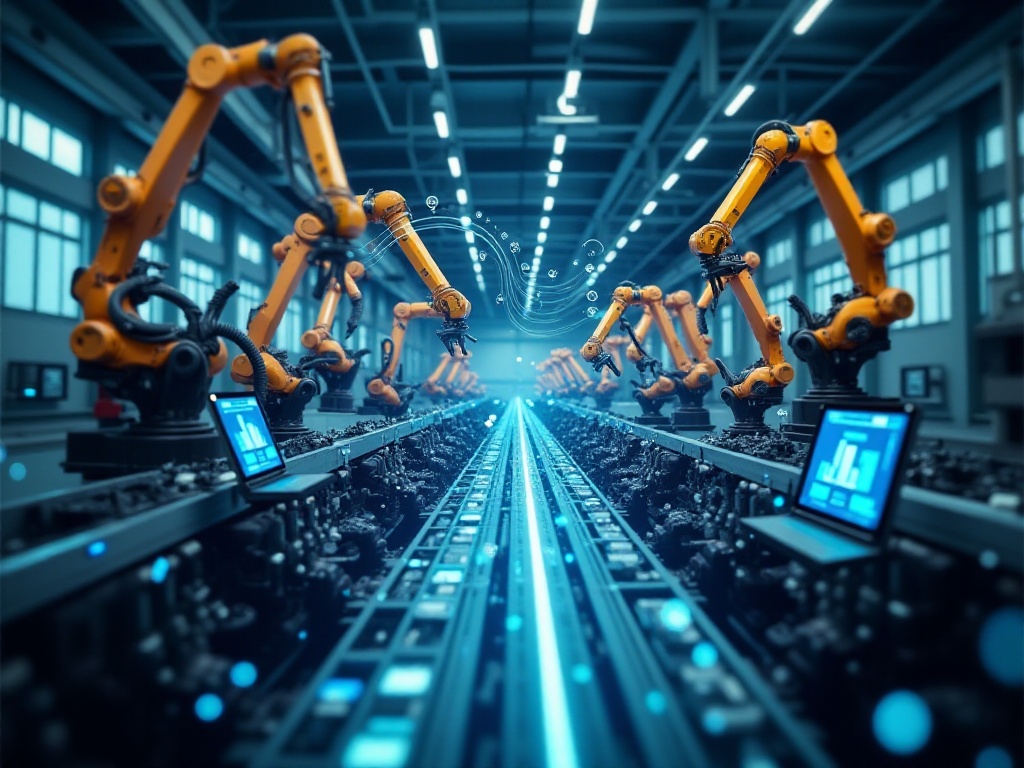
Smart Home
Speaking of home, my most reliable "assistant" is my robot vacuum. Initially worried it might bump into walls, I found these concerns unnecessary after using it. It not only plans cleaning routes automatically but uses AI to identify different floor materials and adjust suction power. Most amazingly, it remembers the house layout and knows which areas need extra attention due to dust accumulation.
Market research shows global smart home device sales reached 850 million units in 2023, with robot vacuums accounting for 15%. This data shows smart homes have moved from concept to widespread adoption. Besides the robot vacuum, I have smart curtains, speakers, and bulbs. All these devices can be voice-controlled and automatically adjust based on time and environment.
The Nest smart thermostat particularly impresses me. It learns your routine and adjusts to comfortable temperatures before you return home. More impressively, it automatically adjusts heating and cooling strategies based on outdoor temperature and weather forecasts. Statistics show homes using Nest save an average of 10-12% on heating costs.
Smart locks are also standard in my home. They support fingerprint unlocking and remote access via phone, perfect for families with elderly or children. The system records each entry's time and method, immediately sending alerts for suspicious activity.
In the kitchen, smart devices bring many conveniences. Smart refrigerators monitor food expiration dates and automatically generate shopping lists. Some high-end models include cameras for checking contents via phone, preventing duplicate purchases. Smart ovens can adjust temperature and timing based on ingredients and offer remote control through apps, simplifying cooking.
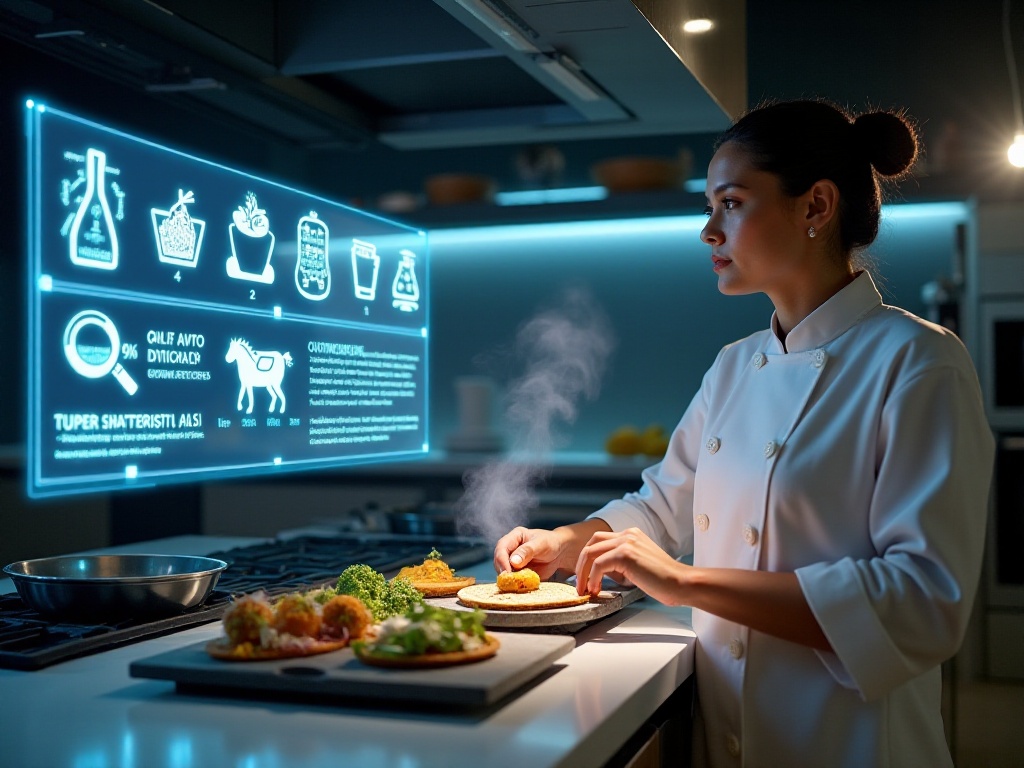
Security Protection
In security, AI applications provide peace of mind. Today's spam filtering has become very intelligent, achieving 99.9% accuracy. I used to receive various spam emails but rarely see them now. This results from AI algorithms continuously learning and evolving to quickly identify new types of spam.
Social media platforms use AI to combat cyberbullying, with Twitter claiming its AI system automatically identifies and handles over 1 million violations weekly. These systems recognize not just obvious attacks but understand complex contexts and subtle malicious expressions.
Smart cameras are increasingly common in home security. Modern smart cameras offer motion detection, facial recognition, and can distinguish between family members and strangers. They immediately send phone notifications for unusual situations. Some models support sound recognition, identifying baby cries or breaking glass, providing comprehensive home protection.
AI plays a crucial role in cybersecurity too. Modern antivirus software uses AI to identify new threats and predict potential attack methods. Bank anti-fraud systems have become smarter, monitoring transactions in real-time to quickly detect anomalies.
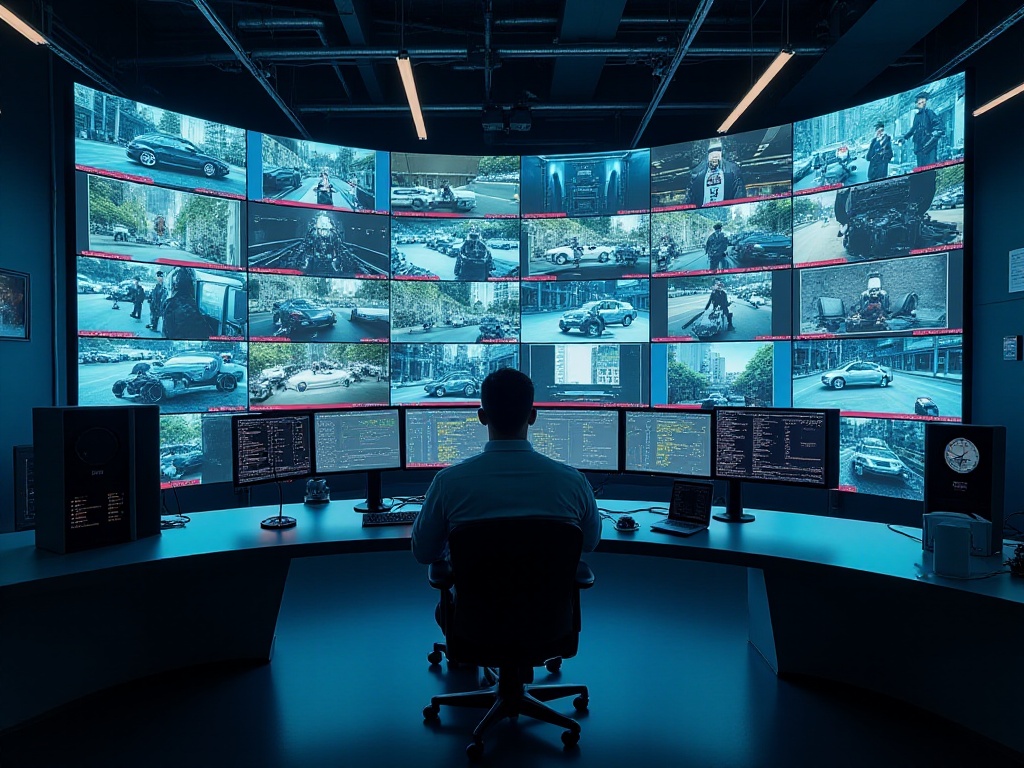
Final Thoughts
Reviewing these AI applications truly shows technology's amazing development. From simple command execution to systems now understanding human intent and actively learning to adapt, AI's development speed has exceeded many expectations. It's like an invisible assistant, quietly solving various problems and improving our quality of life.
However, I believe technology's ultimate purpose is serving humanity. No matter how powerful AI becomes, it should remain a supporting tool rather than completely replacing humans. We must learn to coexist with AI, using it to expand our capabilities rather than becoming overly dependent.
Looking ahead, AI technology will surely impact more fields. Perhaps we'll soon see even more amazing applications. What other areas do you think AI could improve our lives? Feel free to share your thoughts in the comments.


